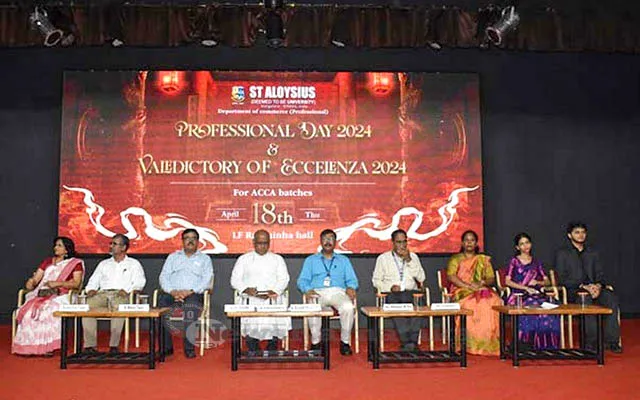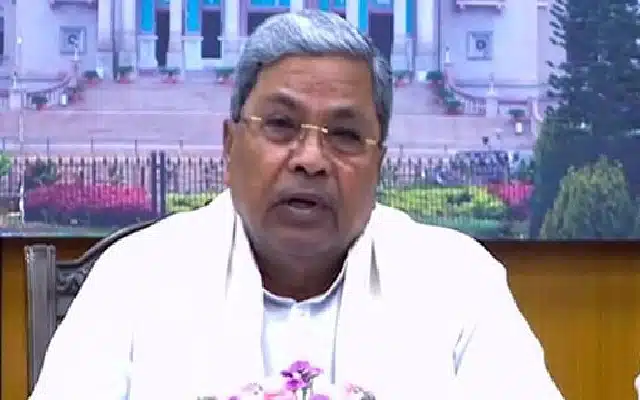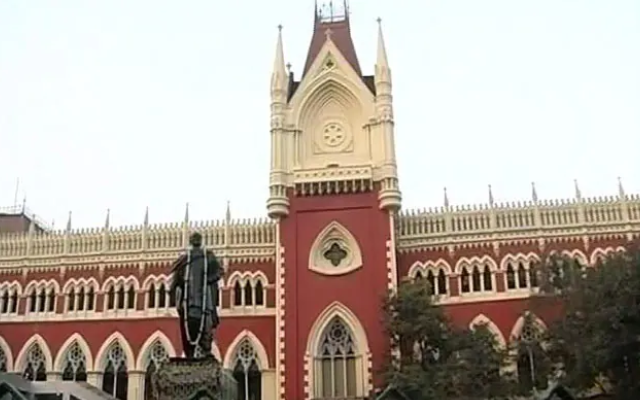It was a pleasant surprise that I read this book right after “In Custody” by Anita Desai. Both books have the similar theme. In this book, the protagonist has a mission to write a biographical story of a famous vocal Musician. The protagonist in “In Custody”, attempts to pen the memoirs of a fading famous Urdu poet. Similarity ends there. Each Author has different treatment of the subject.
 A critic has rightly listed this book as “one of the 1001 books to read before dying.” The book is a story of a handful of women, their struggle and their joys and sorrows. Their lives intermingle and ultimately each of them deals with her personal grief. The book deals with human emotions, grief, vis-à-vis death, and the dying.
A critic has rightly listed this book as “one of the 1001 books to read before dying.” The book is a story of a handful of women, their struggle and their joys and sorrows. Their lives intermingle and ultimately each of them deals with her personal grief. The book deals with human emotions, grief, vis-à-vis death, and the dying.
The book works at different levels – the personal, the worldly, women’s rights, communal violence, motherhood, adolescence, the devastating nature of the Truth and its ultimate triumph. The whole book is a first person narrative by the protagonist of this story, a freelance journalist Madhu. She agrees to write a biography of Savithribai, a singer of eminence.
Madhu was born and brought up at Neemgaon. She lost her mother early in life. It is her doctor father, in that quaint little town, who brings up Madhu. She lives with father and a male servant in a house near Savithribai’s house. Munni, who lives next door with her mother Savithribai, becomes her best friend. Savithribai lives in the house with her daughter Munni and the Muslim Tablamaster Ghulam. Earlier she runs away with Ghulam taking Munni with her, from her house and a Hindu husband, to pursue a career in Music. Madhu’s father never observed any festivals or pujas. He was a habitual drinker and a smoker. She did not find this odd, on the contrary, she felt secure with the smells of tobacco and alcohol that her father was with her. Madhu compares how society treats a single woman and a man. Community closely scrutinizes Savithribai, for the goings on in her house. No such problems are there for her widower father. He could drink, smoke and entertain females in his house. After her graduation and death of her father, she marries her friend Som.
A freelance journalist married to Som. She has a son Adit, born 2 years after her wedding. She brings him up by consulting a useful book “Small Remedies” for most of the child’s ailments. Unfortunately, her son Adit dies in a mob violence when he is 17 years old. She grieves her loss alone and holds herself responsible for it. She has a satirical take on the religious rituals, like pooja, we do to stave off evil and illness. She says such “small remedies” do not work. We have to believe that disasters in life are part of the package. Unless one is ready to accept sorrow, one cannot enjoy happiness. However, it is ironical that is real life, would we accept that happiness is ephemeral and sorrow is waiting round the corner. No, we always think that happiness will last forever. (Page 83)
20 years of marriage pass by with lots of happiness and a tragedy. However, nothing prepares her for what was to happen then. She has faint memories that when she was a child, a friend of her father had sexually touched her once. That man later on committed suicide out of regret. When she tells this to Som casually, he starts acting cold to her, pushing aside their 20 years of happy married life. She feels isolated and lonely by this cold treatment from Som. In fact, she was desperately expecting support and comfort from Som after their son’s demise.
Disillusioned, she leaves Som and starts a life on her own as a journalist. Her Father’s sister Leela and her husband Joe, want her to study more. She is determined to work. Joe’s friend Hamid Merchant offers her a job in his small magazine “City Views”. Senior staff Dalvi does not like her and always behaves viciously when Hamidbhai is not around. Hamidbhai is very happy with her work. However, he falls sick and Madhu decides to leave that job rather than work with Dalvi.
Her friends Yogi and Maya want her to write a biography of a famous women singer Savithribai Indorekar who is past her prime. She lives in a rent-free bungalow provided by Ravi Patil, one of her ardent fan in Bhavanipur. Savithri Bai is Madhu’s grandmother Leela’s sister. Leela is married to Joe who has a daughter Paula by previous marriage. Paula stays abroad. However, when she comes home and finds Madhu she creates trouble for her day in and day out. Finally, Madhu moves out to a hostel.
Some parts of the book that I liked are as follows.
a) “I am wholly unprepared for what happens to me when I become a mother. Motherhood takes over my life, it makes me over into an entirely different person. The in-control-of I am lost, gone forever. My baby’s dependence changes me. My place in the universe is marked out now.” (Page #183)
b) She writes about the album of her son Adit’s photos. “It is as if I know that this happiness is a bubble. It can burst anytime. I have to capture it and put it on record.”
c) Madhu describes various stages of her bringing up Adit. First, he is ever close to her, going everywhere she takes him with his friends. Gradually, as he grows up a teenager, he starts to drift away and become heartless. She tells this to her friend Ketaki, who has two daughters of her own, who also behave likewise. “Pardon for me living” they say angrily, if given any advice. Ketaki says, “They are all like that, Madhu, Heartless. Let Adit go, don’t hold him so close” (187)
d) After Adit’s death, I felt something savage in me that crave for a rough rude justice, like the saying “An eye for an eye”. However, whose eyes do I exact in revenge? Which one human in the faceless mob can I hold responsible? Moreover, what do you do when the masks of the evil are taken off and you see instead the faces of vulnerable human beings? (123)
e) Madhu describes another small remedy, which is the “Dhrishti” Ceremony for small children. It is a Ritual to ward off the evil eye that they attract during family gatherings. The wordings go like this “protect the children; protect them from the strangers, from neighbours, from friends, from family, from fathers, from mothers”. Rock salt or Mustard seeds are waved round the children and put in fire to splutter, which signified destruction of evil. (190)
f) Madhu has lost her son. Sometimes I think I could have borne his death if I had been able to be with him, to see him die. We have a right to share it, the most profound human experience of death, with those we love; we have a right to be with them, to travel part of the way, even if we cannot go all the way. However, destiny denied me that right and deprived of it. I don’t know, I will never know how he faced the moment?” She cries for her loss of identity with the death of her only son. She says, “How long will I live this way? Oh God, what for?”
Author has sensibly dealt the theme “The Truth shall prevail”. From the time the wife reveals the truth to the uncalled for reactions from her husband, undeserving consequences the woman has to face and the ultimate reconciliation, reveals a masterly touch. Extract: “Now I know that with my revelations I destroyed the girl he had married. Suddenly after 20 years, I became a stranger to him, a woman he did not know. Then he had changed. From a genial, easy-going man, he turned savage, destructive, hating me, hating self.”
Some authors write of their dead children, of their illness, their suffering and death, making, a sob story of it for public consumption. It has seemed distasteful to me, a kind of exhibitionism, and public display of private sorrow. After reading this book however, I am beginning to understand. It is not just living children who need to be free, the dead clamour for release as well.
A year has passed since Adit died. Madhu receives a letter from Som. He wants her to come and be with him on the anniversary of Adit’s death. Will she decides to go or not is the moot question left for the readers to resolve.
I liked the book, although the narrative was oscillating between different times of the life of Madhu. Proper introduction of Characters is lacking and reader has to struggle to grasp the relationships.


















